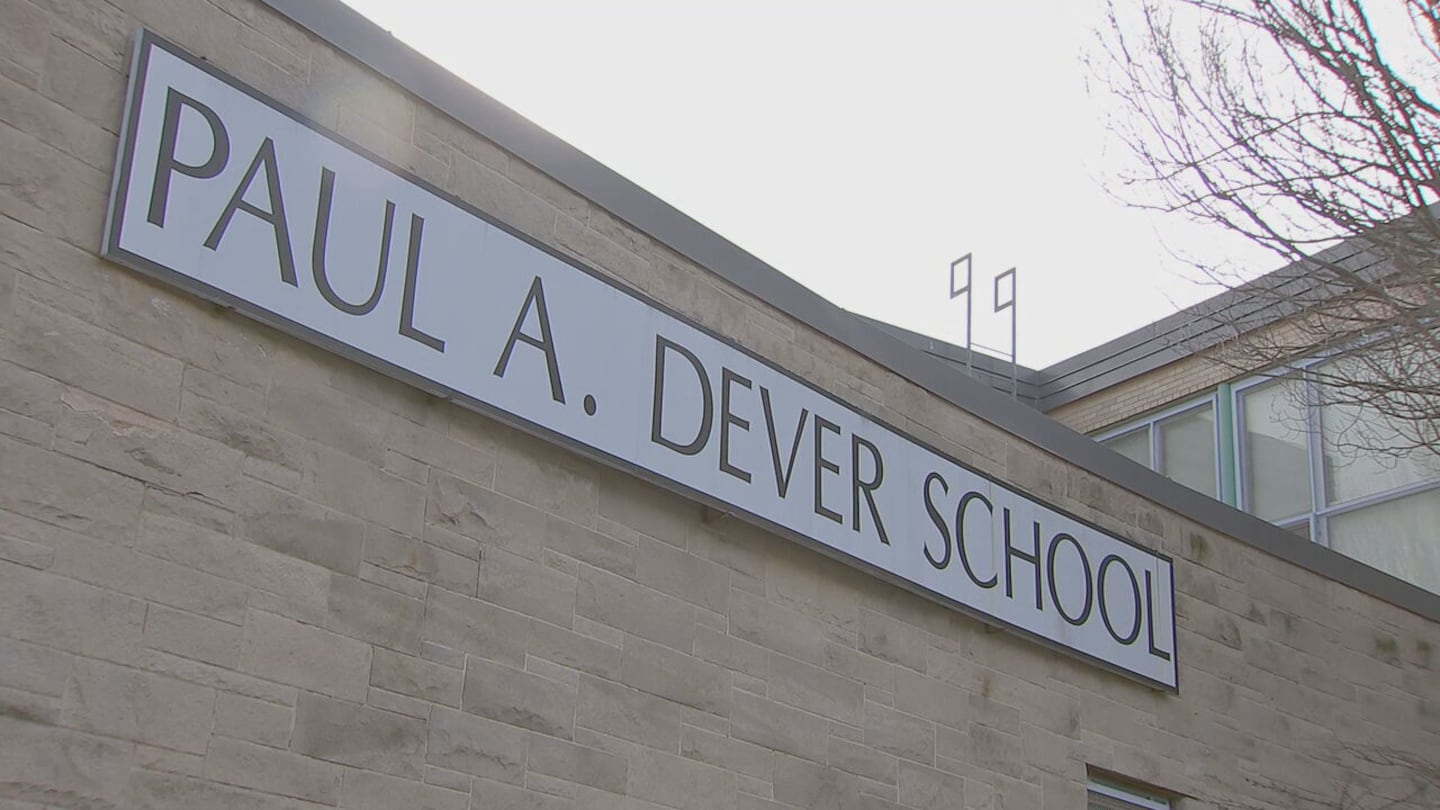BOSTON — Closures, mergers, programs discontinued in some places and adjusted in others. Boston’s latest school consolidation plan may seem like a mishmash -- but it’s actually the first, Mayor Michelle Wu said, that’s grounded in real-time data about the condition of the city’s school buildings coupled with community and expert input.
“Now we know for the first time the exact real-time condition,” Wu said. “When the heating system was last replaced. What’s not working or what’s about to not work because it needs replacing. So, for the very first time as a district, we are making decisions based on criteria that’s been vetted and data that is publicly available to everyone based on the standards and dreams of our community.”
Wu said the consolidation plan, announced Tuesday, took three years to put together. If approved by the Boston School Committee it would not take effect for eighteen months -- that is, the end of the 2025 - 2026 school year.
That timeframe was intentional, said Boston School Superintendent Mary Skipper.
“So part of what the 18 months actually affords us in the 9 to 12 closures is that the current 11th and 12th graders are able to graduate from that school,” she said.
The plan will affect schools that currently enroll about 2,300 students. Excel High, housed in the old South Boston High School building, would close altogether. So would the Paul Dever Elementary School. Skipper said two elementary schools -- Winthrop and Clap -- would merge and move to the Lilla Frederick Middle School building, which is set to become vacant at the end of this school year.
Other schools would see program adjustments -- with an emphasis on expanding space for students Pre-K to Grade 6. The Lyons Pilot school in Brighton, for example, would lose grade levels 9-12 to make room for those younger students. A handful of schools would drop Grades 7 and 8. Under the plan, Community Academy in Jamaica Plain would stop granting high school diplomas -- but remain open for interventional programs.
Skipper said the plan could save millions of dollars -- money that would be reinvested in the school system.
In general, the Boston Teachers Union doesn’t favor school closures -- but does favor construction of new schools.
“We have built very few schools over the last 40 years,” said Erik Berg, BTU president. “Boston has 116 schools. So let’s say we build two a year. Well, it would take 58 years just to get up to date. So we need to build multiple school buildings every single year.”
Skipper alluded to new schools coming online in 2030 -- both at the elementary and high school levels. Part of the consolidation proposal also includes a plan to extensively renovate the old South Boston High -- a building she said has ‘good bones.”
Berg said the problem is solutions need to come fast.
“Our schools are strapped for space,” he said. “We have counselors, school psychologists, therapists working in hallways, under stairwells, in closets because there just isn’t the kind of space in some of our older buildings.”
Treena Hogan and Nicholas Lam teach in one of those older buildings. Dever Elementary was built in 1957, when Dwight Eisenhower was president.
“It’s a wonderful school and we have wonderful students, wonderful families, wonderful staff,” Hogan said.
Lam and Hogan were both disappointed to learn Dever is on the list for closure. They worry what effect that might have on students.
“Ultimately, there’s nothing much we can do for them except give them the best couple of years left,” Lam said. “We’re doing our best to give them joy and give them hope. Really because that’s what they need at such a young age. They need to know there’s a future for them even when the school is closing.”
Download the FREE Boston 25 News app for breaking news alerts.
Follow Boston 25 News on Facebook and Twitter. | Watch Boston 25 News NOW
©2025 Cox Media Group






